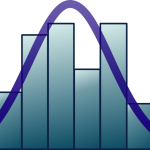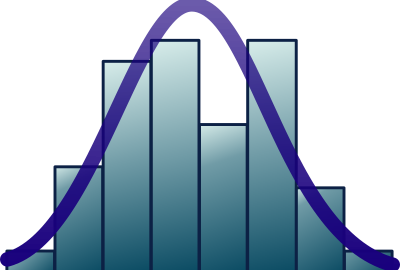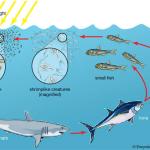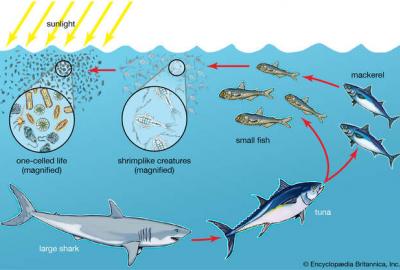Science dissemination and communication
Course Contents
Period 1 (two hours): Overview of dissemination in scientific research: who requires it and why? This period will include a discussion of the role that public dissemination of scientific research plays in today’s society; and work packages and mandates by the European Commission.
Period 2 (two hours): Project preparation and classic dissemination. Scientists and the communication with their peers: strengths and weaknesses in conference participation. This period includes a discussion of the structure of project applications to different funding bodies (based in developing and developed contexts) as well as the structure of classic submissions for peer-review.
Period 3 (two hours): Taking off the scientist's hat: what types of dissemination are available, and what narratives are being used by scientists? This period includes a discussion of the transformation required by scientists when disseminating research findings to the public; the variety of dissemination types available; contexts in which certain types of dissemination are more appropriate than others; and communication narratives used by scientists.
Period 4 (two hours): Dissemination workshop 1: The classic social networks. This period gives an overview of the most popular social networks, positive and negative aspects, and examples of how scientists use social networks to disseminate research findings and educate the public. The students will be required to engage in an exercise of scientific dissemination using one of the most popular social networks of today, namely Facebook.
Period 5 (two hours): Dissemination workshop 2: Let us play a game (in collaboration with Jacques Bosch, NWU). This period will include an overview of the use of games (board games, video games) in communicating scientific findings and educating the public. The students will be required to exercise their abilities by designing simple games based on allocated resources (budget, materials) to communicate science to the public.
Period 6 (two hours): Dissemination workshop 2 continued.
Period 7 (two hours): Dissemination workshop 3: Broadcasts and Podcasts. This period includes an overview of the characteristics and role of channels, broadcasting and podcasting in scientific dissemination and education. The students will be required to exercise their abilities by preparing audio/video files, which will be uploaded onto a YouTube channel.
Period 8 (two hours): Dissemination workshop 3 continued.
Period 9 (two hours): Dissemination workshop 4: Cartoons and animations. This period includes an overview of the characteristics and role of animation and cartoons in scientific dissemination and education. The students will be required to exercise their abilities by creating a simple cartoon using publicly available animation software (PowToon Ltd.), and by exporting the cartoon to social network platforms.
Period 10 (two hours): Dissemination workshop 4 continued.
Period 11 (two hours): Dissemination workshop 5: Infographics. This period includes an overview of the characteristics and role of infographics in scientific dissemination and education. The students will be required to exercise their abilities by creating a simple infographic using publicly available animation/infographic software (e.g. Piktochart), and by exporting the final product to social network platforms.
Period 12 (two hours): Dissemination workshop 5 continued, and concluding remarks. This period will provide an overview of the course and address issues that may have emerged during the lectures. The students will be asked to evaluate different types of dissemination based on the lectures and based on their experience during the workshops.
Final Competencies
1 The understanding of concepts and techniques during the lectures will be evaluated during the exam.
2 The lectures will allow the students to acquire the language of scientific dissemination and a good knowledge of public dissemination methods with regard to concepts related to marine biology. In addition, the students will acquire competences related to project structure and organisation, the preparation of manuscripts and the relay of scientific research results at conferences and symposia. In view of the changes imposed by funding schemes of the EU, which expect the use of various forms of scientific dissemination, this course is finalised to provide skills needed for scientific divulgation and project preparation.
3 The student will need to acquire a versatile way of communicating his/her knowledge of marine biology to the public, whether children, youth, adults and members of the academic world. During the course, the student will need to apply the principles of divulgation exposed during the lectures, through exercises at the computer and the use of dedicated software. The student will be tested by engaging in exercises of video, infographic, poster, social network pages, small articles and project creation. The results of the exercises will be exposed to the whole class in such a way that will allow the exchange of opinion and evaluations among the students. In conclusion, the student will have to acquire the ability to communicate to different types of audience based on the context and on the purpose of the scientific message to be delivered.
4 The exercises in class and the exchange with the lecturers and the students, also through group work and cross-evaluations, can enhance the level of autonomy and judgement and the communication skills of the student. In addition, the exercises can help the student understand the importance of flexible communication in breaking the barriers that often exist between science and the public. The lectures dedicated to project structures will be particularly useful in enhancing the competences of the students in relation to the European directives and the structure of projects funded by the European Union.
Further course information can be found here: https://studiekiezer.ugent.be/2026/studiefiche/en/C004287






